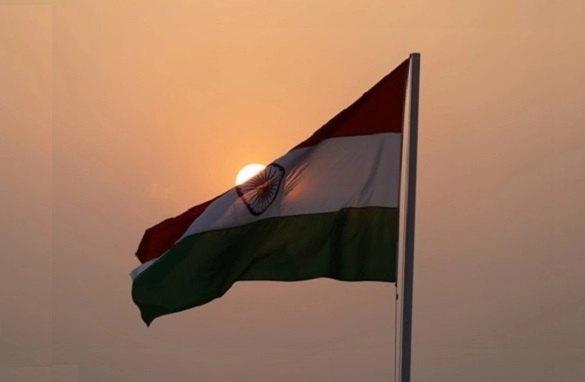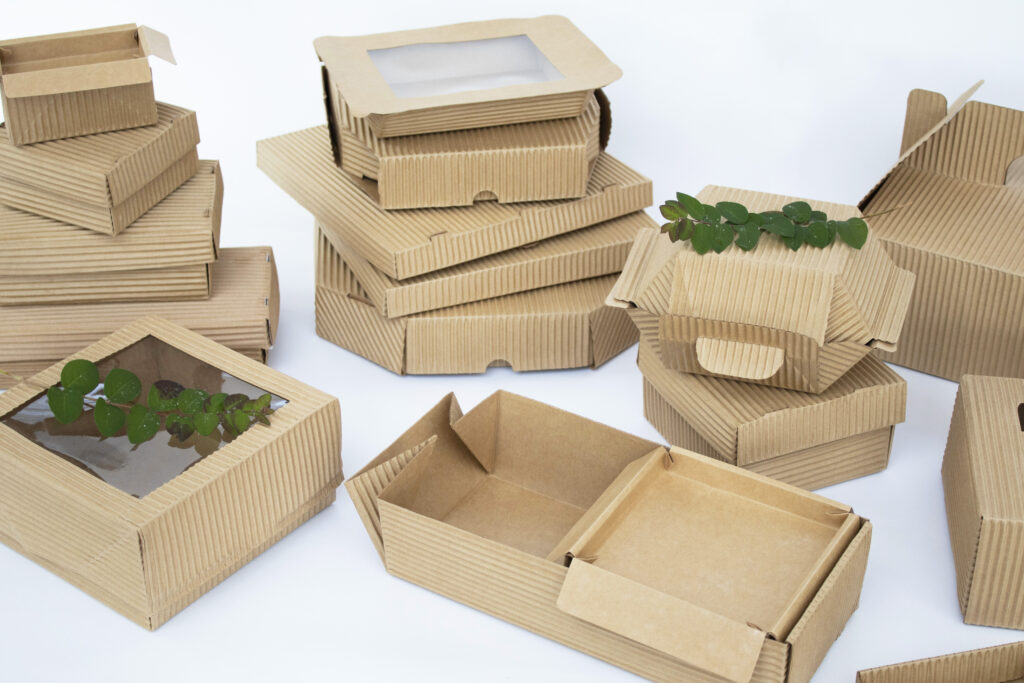
How can Evirocor support Indian Armed Forces in their fight against plastics?
Indian Armed Forces – a glimpse
Indian Armed Forces defend more than 15,000 km of our international border along the world’s most treacherous terrains, which includes high mountains, glaciers, rain forests, desert, farmlands, and valleys. The temperature ranges from +50°C in Rajasthan state, to -60°C at the Siachen Glacier. The Indian Armed Forces have over 1.4 million active personnel and over 1.1 million reserve personnel. It is undeniably a herculean task to provide defence supplies, including rations, to forward posts where there are no roads for the entire winter season. The usual standard is to have 2.5 kg of ration per soldier per day.
We can now easily estimate the massive amount of annual ration requirements for the Indian Armed Forces. It is extremely challenging to keep the supply lines running while maintaining the freshness and nutritional value of the items in those tough terrains. Last but not least, all of this must be accomplished with minimal environmental impact.
Food for thought… for the ones who fought
Provisioning, procurement, dispatch, receipts, storage, accounting, quality control, and issue of various items of dry supplies and fresh rations to troops located in various peace and field stations, including high altitude areas and remote locations, are all part of the Indian Armed Forces ration supply chain management. Ration items are broadly divided into two categories: dry and fresh. Rice, wheat, sugar, tea, edible oil, dal, dry fruits, and canned food are examples of dry items, whereas fresh rations include vegetables, fruit, meat, milk, and so on.
The package design and the nature of material required are governed by the degree of protection and expiry-date requirements, which vary with types of products, environmental conditions, and mode of handling. Packaging for defence must be able to stand the rigorous transport and remain intact under varying storage conditions for required shelf-life.
The Indian Armed Force is typically supplied with three types of food items:
1 ) Dehydrated food products – Dehydration is a conventional method of food preservation in which the residual moisture content is reduced to a safe level to prevent chemical and microbiological spoilage. This method is used for meat, fruits, and vegetable packaging. The following are the various types of packaging materials used for dehydrated products:
a. Rigid containers: These are the most common types of dehydrated food packaging. As they are made of metals, they are recyclable but not biodegradable.
b. Semi-rigid packs: These are cartons that have been lined. For dehydrated food products, a suitable laminate is paper/LDPE/ plastic and LDPE, which ensures the required shelf-life. This packaging is also recyclable, but it is not biodegradable.
c. Flexible packaging: Flexible pouches allow for easy opening and non-complicated handling before and after use, as well as keeping content fresh and hygienic. These are recyclable, but not environmentally friendly.
2) Retort processed food – Retort processed food or in-pack processed food is ready-to-eat food that requires warming in a microwave oven/water bath at the time of consumption. Polypropylene (PP) and PP-Nylon-PP structures are utilized for this purpose. This packaging is recyclable but not environmentally friendly.
3) Cereals, grains, pulses – They are packaged in jute bags as well as HDPE woven sacks. These are recyclable.
4) Packaging of fats, oils, and fatty food – These are packaged in glass bottles and/or blow-moulded plastic containers or multi-layer materials such as cellophane/LDPE with PVDC/LDPE/Nylon/EAA (Ethylene and acrylic acid) copolymer resins. These are recyclable but not biodegradable.
Pouches, containers, trays, sacks, and other plastic originated packaging are still used because they are not only lighter in weight, but also hygienic and rust-resistant, making them suitable materials for the Armed Forces. However, this type of packaging increases the burden on the Armed Forces too. Plastics are either disposed-off or recycled. This activity necessitates the investment of time, effort, and money. If we can deliver rations in alternative biodegradable packaging, we can not only lower our carbon footprint, but we can also lessen the Defence Forces’ effort to recycle back packaging to the base, or landfill.
Evirocor joins the fight against plastic pollution
Evirocor has surfaced as an industry leader in promoting sustainable food packaging solutions. Its patented Cortec-Revolution technology eliminates the need for heat in the manufacturing of Oko products and significantly reduces the carbon footprint. Oko products are made from earth-friendly, plant-based and home compostable materials. Evirocor can assist the Indian Armed Forces on this front by providing meals in biodegradable packaging and ensure protection of our environment.

